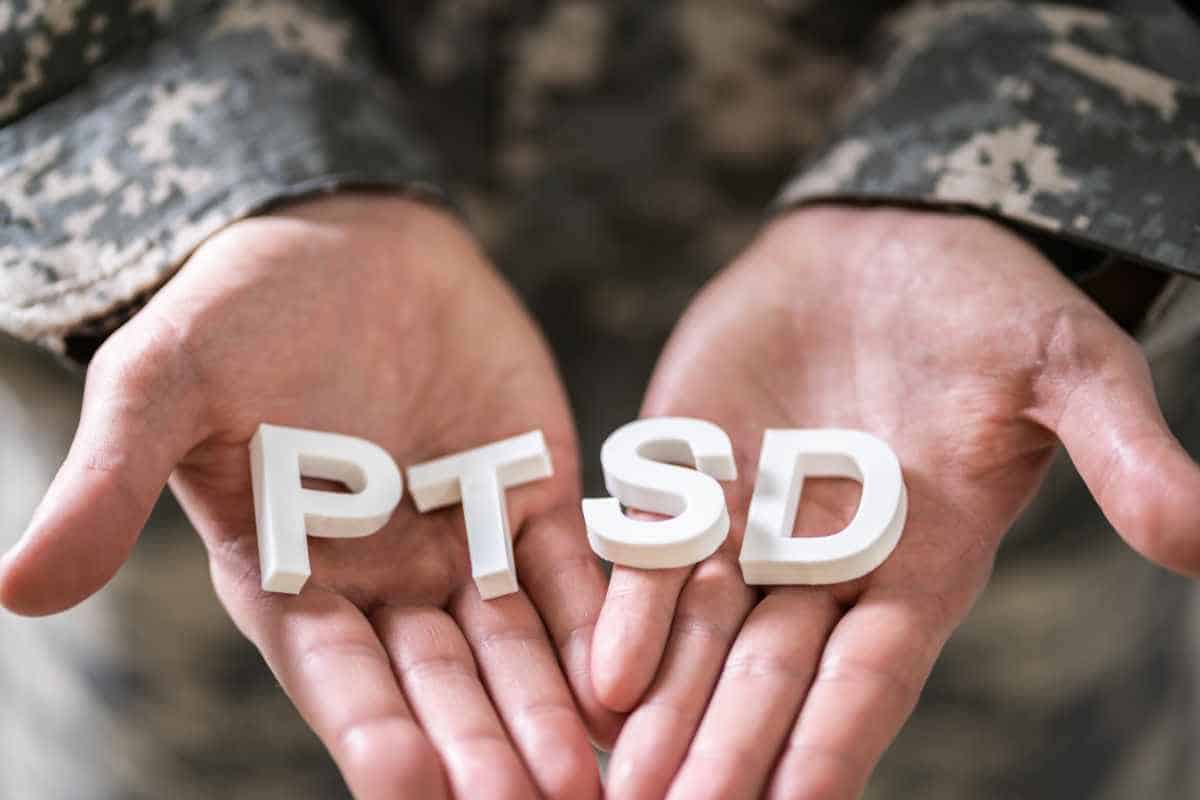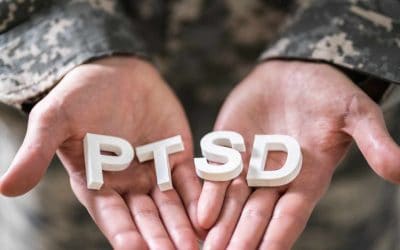
Free time and boredom can be dangerous to individuals who experience frequent triggers or intrusive thoughts related to substance misuse. Treatment and early recovery from substance use disorder (SUD) and co-occurring disorders require changes to everyday routines. Successful ongoing sobriety includes learning healthy coping skills to enhance the effects of treatment for SUD. The Substance Abuse and Mental Health Services Administration (SAMHSA) recommend “scheduling pleasant activities” and “engaging in positive distracting activities (sports, hobbies, reading)” to fill free time and encourage positive behaviors. Activities and hobbies can lower the risk of relapse by providing motivation, inspiration, and a healthy emotional outlet.
Positive Routines Enhance Therapy
New healthy routines provide familiarity and structure to individuals in early recovery. According to the American Journal of Lifestyle Medicine, “lifestyle change inherently means that changes are made” to “be followed for the lifetime of an individual.” Sobriety is a choice you make every day. Finding new things to focus on can make maintaining sobriety and healthy living easier. Many individuals choose to focus on career goals, personal health, and community service as a way to find meaning and fill free time.
Every day-to-day activity will either undermine or support ongoing sobriety. Individuals in early recovery need to pay special attention to how they spend their time to avoid slipping back into unwanted or unhealthy behaviors. Some warning signs that you might need to rethink your current lifestyle include:
- You feel unfulfilled, depressed, or unhappy
- The people around you express concern for your well-being
- You are unable to meet personal, professional, or social responsibilities
- You have difficulty meeting recovery goals
Aftercare and ongoing recovery require supportive services like group meetings, individual therapy, family therapy, and essential skill development. Hobbies and recreational activities are excellent places to practice new skills and therapeutic coping exercises. For example, boating, biking, or mountain climbing allows you to practice mindfulness and stay present in each moment.
Replace Maladaptive Habits With Healthy Alternatives
Maladaptive behaviors are coping mechanisms. Individuals struggling with emotional distress and symptoms related to substance and mental health disorders may use them to feel less overwhelmed. Unhealthy risk-taking or self-harming behaviors and doing things that decrease personal safety or quality of life are some of the maladaptive behaviors that you will replace with new activities during treatment and recovery.
In addition to providing relief from cravings, intrusive thoughts, and other side effects, pastimes can also improve your general mental and physical health. Some common hobbies people choose to fill their time include:
- Music
- Sports
- Gardening
- Other outdoor activities
- Art
- Reading
- Crafting
- Cooking
- Engineering
- DIY
- Gaming
Choose a healthy hobby from this list or find something completely new! Finding something you enjoy sometimes takes trial and error. You may try multiple activities before you find one that resonates with you, and that’s okay. Have fun exploring your options and try to keep things light and fun. It’s far better for your emotional health to give yourself the space and freedom to explore without making a huge commitment or thinking that this activity is going to save your life.
The Multiple Health Benefits of Hobbies
Treatment facilities offer a variety of activities and alternative therapies that provide an opportunity for individuals to learn new skills and learn how to support their loved ones. Healthy hobbies have many benefits, including:
- Lower stress levels
- Increased self-confidence
- Decreased risk of developing mental health disorders
- Less severe symptoms
- Better physical health
According to Psychosomatic Medicine, “individuals who engaged in more frequent enjoyable leisure activities had better psychological and physical functioning.” In addition, “they had lower blood pressure, cortisol AUC, BMI [body mass index] . . . and better perceived physical function.” Healthy activities improve the mental, physical, and emotional well-being of individuals struggling with SUD and related conditions.
Explore New Interests and Join a Community
Mental health is essential for successful long-term recovery. Gain personal insight and avoid triggers by ensuring that what you do leads to healthy choices and lasting happiness. For many people, learning new skills and positively interacting with others increases self-confidence and self-awareness. How you feel about yourself will influence how you treat yourself and others.
Many hobbies and recreational activities encourage positive social interactions and self-acceptance. Research published in Substance Abuse: Official Publication of the Association for Medical Education and Research in Substance Abuse reported that “a key component of substance-abuse treatment should involve strengthening the individual’s place in the community as a productive worker, family member, and community member.” Joining a community is one of the most significant parts of learning about new hobbies. You become part of a social group and practice setting boundaries while interacting with others in a low-stress environment.
Hobbies as a Form of Self-Care
Rehabilitation programs like those that are structured to include self-care can help you decrease stress and improve mental health. Hobbies and enjoyable activities are a form of self-care. No matter where you are in your recovery, you can choose to make changes that protect your emotional and physical well-being. Find something you feel passionate about and explore the various ways you can incorporate that activity into your everyday life.
Filling free time with activities that feel meaningful and bring you joy can positively affect the outcome of your treatment and therapy. Every case is unique. However, we believe that everyone deserves the chance to live in an environment that feels safe and authentic. You can choose from hundreds of hobbies and activities. You do not need the support of others to pursue your own interests. All it takes is a little time and dedication. You are not alone. Although it might feel scary at first to expand your horizons and look for new adventures, the dedicated team at Sober Life can help you navigate recovery and ongoing sobriety. Learn more about the services we have to offer at our Sober Life facility by calling us today at (619) 542-9542. You have the potential to overcome addiction and create a healthier lifestyle that incorporates fun and exciting hobbies and events.












